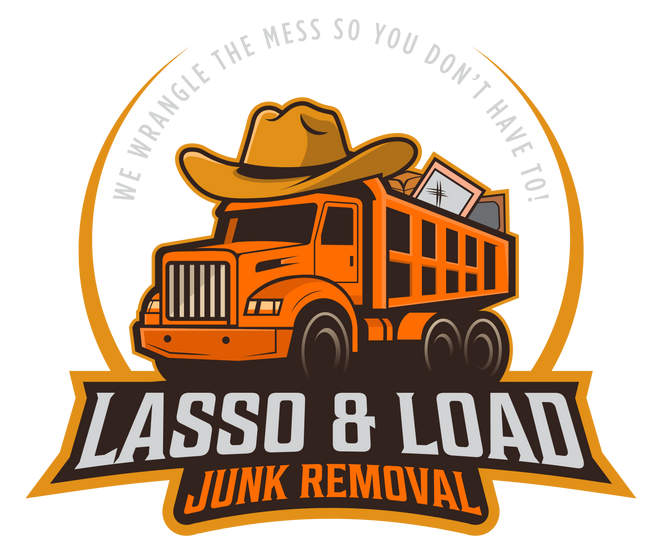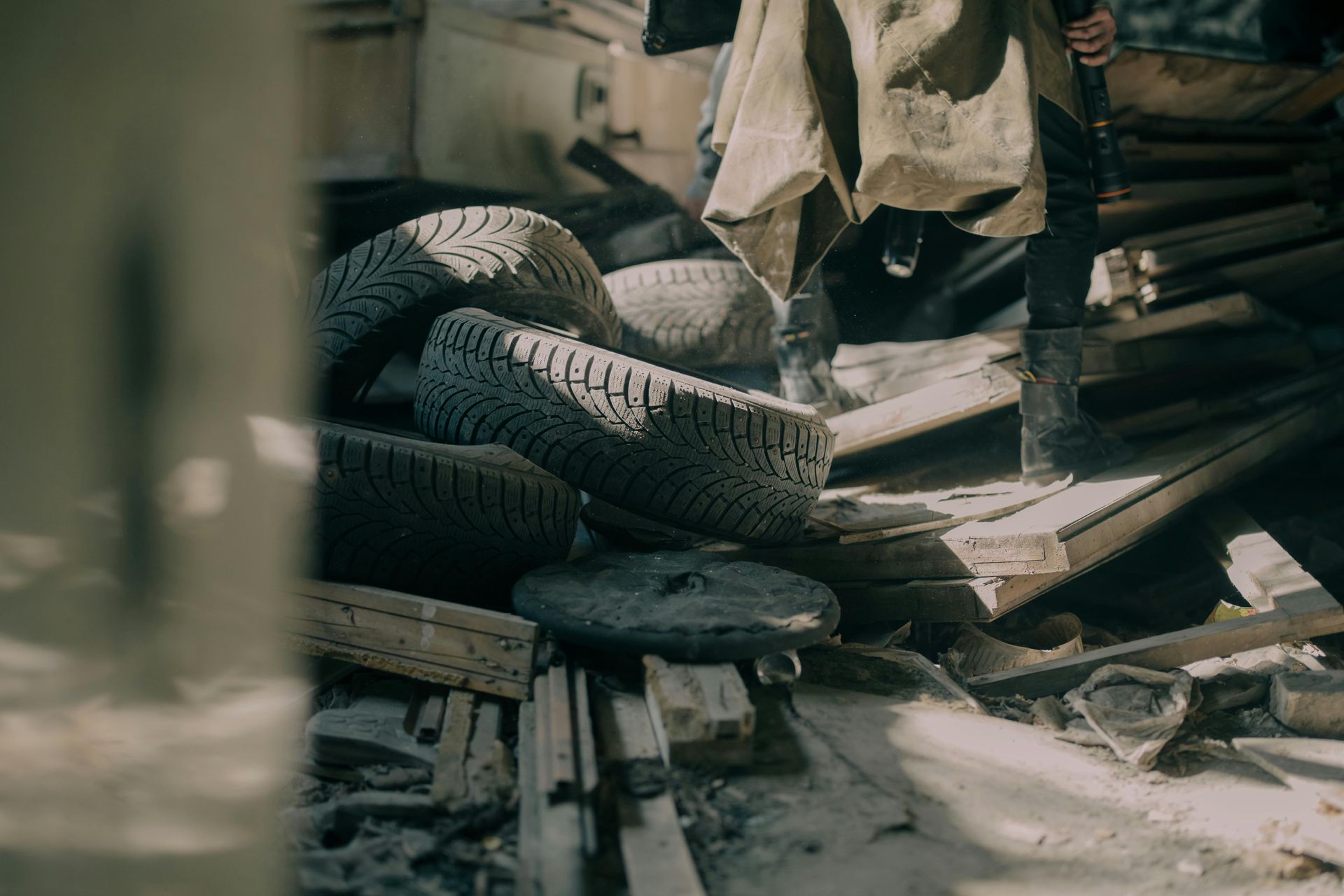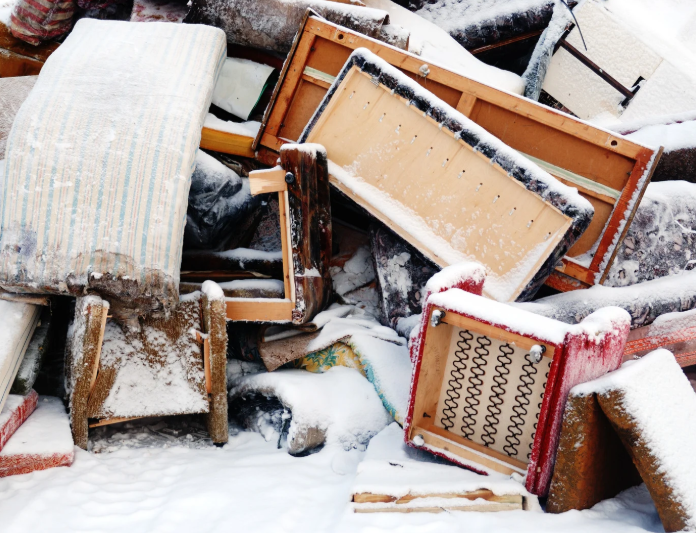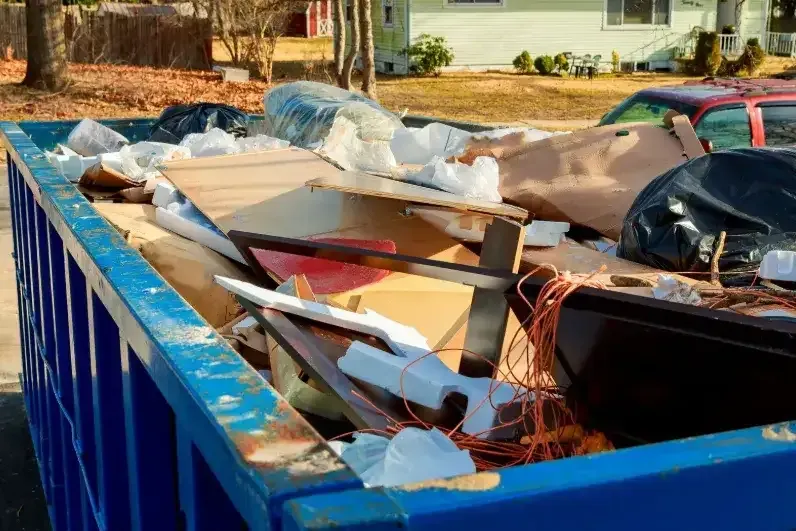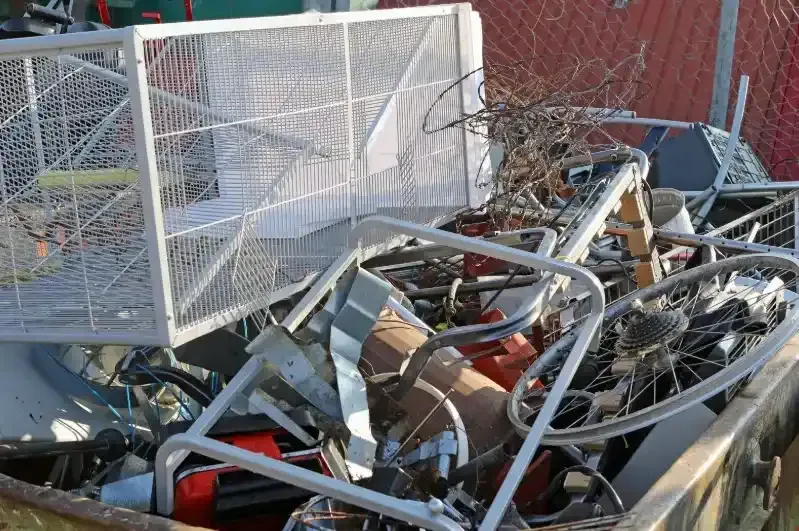Donating Your Junk: The Greenest Way to Declutter Your Home
When it comes to decluttering your home, many people immediately think of throwing items away. However, there’s a far more environmentally friendly approach that not only reduces waste but also benefits those in need: donating your unwanted items. Donating your junk is one of the greenest and most responsible ways to clear out your living space while making a meaningful impact on your community.
This method doesn’t just reduce the clutter; it contributes to a circular economy by giving your items a second life through reuse, recycling, and repurposing. When you donate, your unwanted furniture, clothes, and electronics can be reused by someone else, reducing the demand for new products and lowering the environmental toll of manufacturing. Whether it’s a small household item or larger furniture, your donations can provide valuable support to people in need and help minimize waste. If you want to make a real difference while decluttering, donating is the ideal choice.
The Environmental Benefits of Donating Your Junk
Throwing away old items may seem like the easiest solution, but it is not the most eco-friendly. Every year, millions of tons of waste are sent to landfills, and many of these items could have been reused or repurposed. When you choose to donate your junk instead of tossing it out, you’re contributing to a significant reduction in landfill waste. Donating items such as clothing, furniture, electronics, and household goods allows them to be reused by others. This reduces the need for manufacturers to produce new goods, which in turn lowers energy consumption and minimizes the environmental toll associated with mass production.
Additionally, many charitable organizations have processes in place to recycle or repurpose items that cannot be directly reused, ensuring that as little as possible ends up in landfills. When you donate, you're helping to reduce the carbon footprint of your items. From the manufacturing of products to their disposal, there are significant environmental costs. By passing along your belongings to someone else, you’re cutting down on those emissions and extending the life cycle of materials, which is a win for the planet.
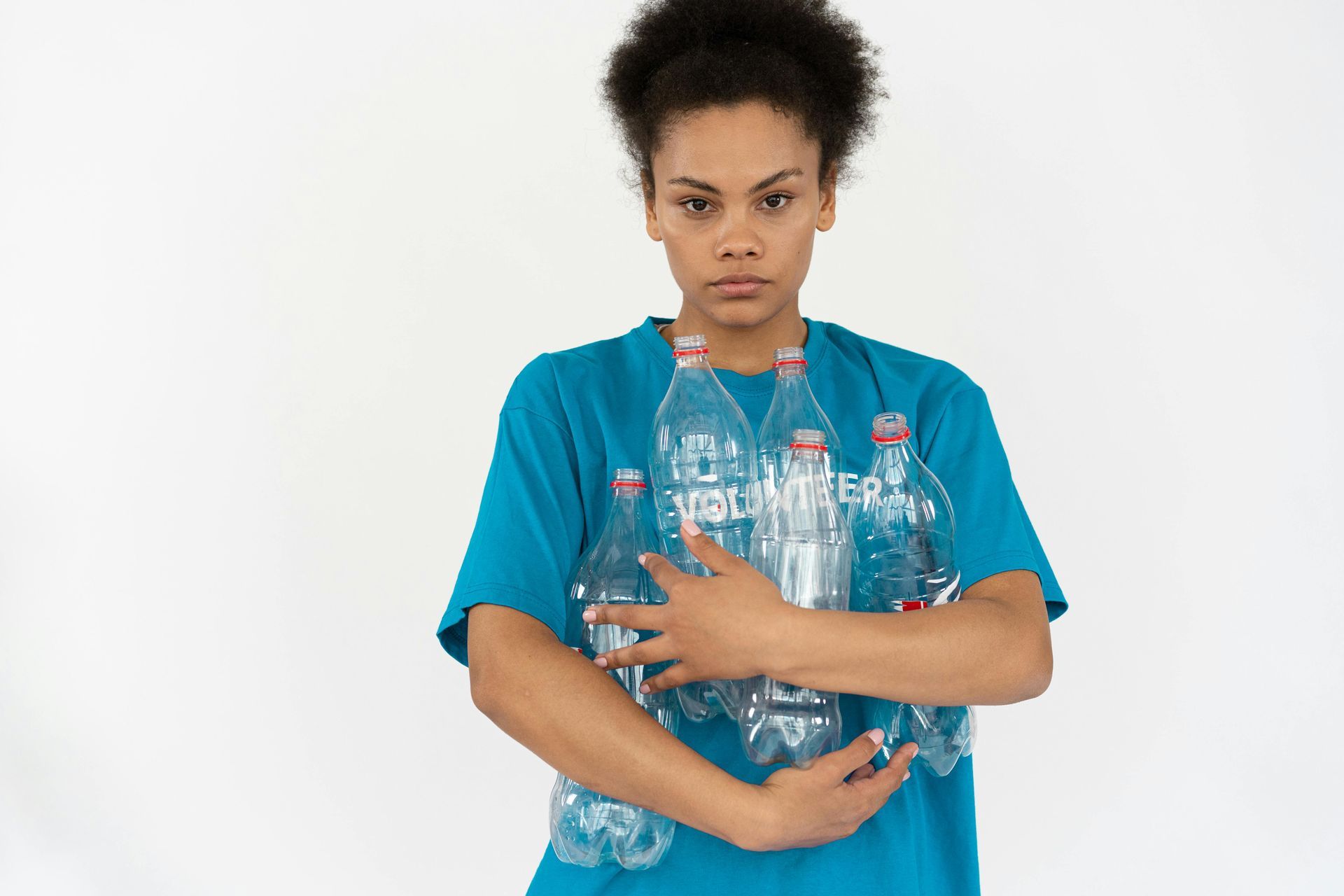
Items You Can Donate Instead of Tossing
One of the common misconceptions about donating is that it’s only possible with “perfect” items, but this isn’t true. There are a wide variety of things you can donate, even if they seem worn or outdated. Old clothing is an easy place to start. Even if it’s no longer in fashion or has seen better days, many charities are happy to accept these items. Some clothing can be repurposed into rags, while others may be recycled into fibers for new garments. If your clothes are in good condition, they can be worn by someone else in need. Furniture that’s no longer in your style or has been sitting unused in a spare room can also be donated. Many people are in search of affordable furniture, and your unwanted couch or table may be just what they need to furnish their homes. Even if a piece is a bit worn, it can often be restored or repurposed. Donating old furniture is also far better than throwing it out and watching it sit in a landfill for years.
Electronics, such as old TVs, laptops, and phones, are another type of junk that can be donated, provided they still work. Electronic waste (e-waste) is one of the fastest-growing waste categories, and it poses significant environmental risks when disposed of improperly. Many organizations accept working electronics or parts, which can be refurbished and reused. Household items like kitchenware, books, and toys are also easy donations. They may no longer serve you, but they could bring joy and utility to someone else’s life. Local charities, shelters, or schools often welcome donations of gently used items that are still in good condition.
The Benefits of Donating Junk to Charitable Organizations
Donating your junk not only helps you declutter, but it can also be a deeply rewarding experience. One of the most significant benefits is the feeling of giving back to your community. Many organizations rely on donations to operate and support their causes, whether that’s providing food, shelter, or educational resources to those in need. For example, when you donate gently used clothing, you're helping individuals who may not have the financial means to purchase new clothes.
Similarly, when you give away household goods or furniture, you're helping families set up homes without the financial burden of buying new items. Charitable organizations often distribute these goods directly to people in need, which makes a big difference in their lives. There’s also the potential for a tax deduction when you donate. Charitable donations can be tax-deductible, depending on where you live and the organization you donate to. Many organizations will provide you with a receipt for your donations, and you can keep that for your records. While the financial benefits may not be the primary reason for donating, it's still a perk that can make the process feel even more rewarding.
How to Donate Your Junk Effectively
If you’re ready to donate your junk, there are several ways to go about it. Here’s a step-by-step guide to ensure the process goes smoothly. Start by sorting through your items. Go through each room in your home and create piles of things you no longer need. Be honest with yourself—if you haven’t used it in the past year, chances are you don’t need it. Divide your items into categories: clothing, electronics, furniture, books, and household goods. This will make it easier to identify where your items can go. Next, research local charities and donation centers in your area. Many charitable organizations accept donations, and some may even offer pick-up services for larger items like furniture or appliances.
If you're unsure where to donate, look for well-known organizations such as Goodwill, The Salvation Army, or Habitat for Humanity ReStores. Local churches, shelters, and schools may also be in need of donations. Before dropping off your items, make sure they are clean and in good condition. Most charities accept gently used items, but they may refuse donations that are too worn or damaged. It’s important to be respectful of the organizations receiving your items and donate only what you would be willing to use yourself. If you’re donating electronics, make sure they are in working condition. Some donation centers may have specific requirements for electronics, such as working chargers or the original packaging. For items that are no longer functional, consider finding an e-waste recycling center instead.
The Psychological Benefits of Decluttering and Donating
Decluttering your home can have profound psychological benefits. The process of sorting through your belongings and donating them can provide a sense of relief and accomplishment. It helps create space not only in your home but also in your mind. Letting go of items that no longer serve you can be a liberating experience, as it creates room for new experiences and opportunities. Moreover, knowing that your items will be put to good use can bring a sense of fulfillment. It’s comforting to know that someone else will benefit from what you no longer need. Whether your donation goes to a family in need, a shelter, or a school, you can take comfort in the fact that you are making a positive difference in the world around you.
Research has also shown that living in a clutter-free environment can improve your mental well-being. Clutter can cause stress and anxiety, so by reducing the number of items in your home, you’re likely to experience a decrease in these negative feelings. Organizing your space and donating unwanted items can help create a calm, orderly environment, making it easier to relax and focus.
The Financial and Tax Advantages of Donating Junk
Aside from the environmental and community benefits, there are practical advantages to donating your junk. One such advantage is the potential tax deduction that comes with making charitable donations. Many nonprofit organizations provide donors with a receipt that reflects the value of the donated items. When tax season rolls around, you can use this documentation to claim a deduction on your taxes.
The value of donated goods is typically assessed based on their fair market value—what they would sell for in a secondhand store. While it’s not necessary to itemize every single item, it's a good idea to keep an inventory of what you’ve donated. Make a list of the items, their condition, and their estimated value. Some donation centers may provide you with valuation guides or pricing suggestions based on their policies.
Conclusion
In conclusion, donating your junk is not only the greenest way to declutter your home, but it also presents a wonderful opportunity to help others while contributing to a more sustainable world. By choosing to donate, you’re doing far more than just clearing out space in your home—you’re giving your belongings a second life, reducing waste, and lowering your overall carbon footprint. Items like clothing, furniture, electronics, and household goods can be put to good use by others in need, benefiting individuals, families, and organizations that rely on donations to thrive. In turn, you’re helping to minimize the amount of waste that ends up in landfills, all while supporting your local community and contributing to the global push for sustainability.
So, the next time you’re looking to get rid of your old junk, consider donating it. It’s a simple yet powerful way to make a difference. Not only does it benefit those in need, but it also offers a win-win for you, the community, and the planet. For professional junk removal services in Gwinnett County, Lasso & Load Junk Removal is ready to assist. Reach out to us at 404-227-2017 or email Lauren.renwickk@gmail.com for your junk removal needs.
